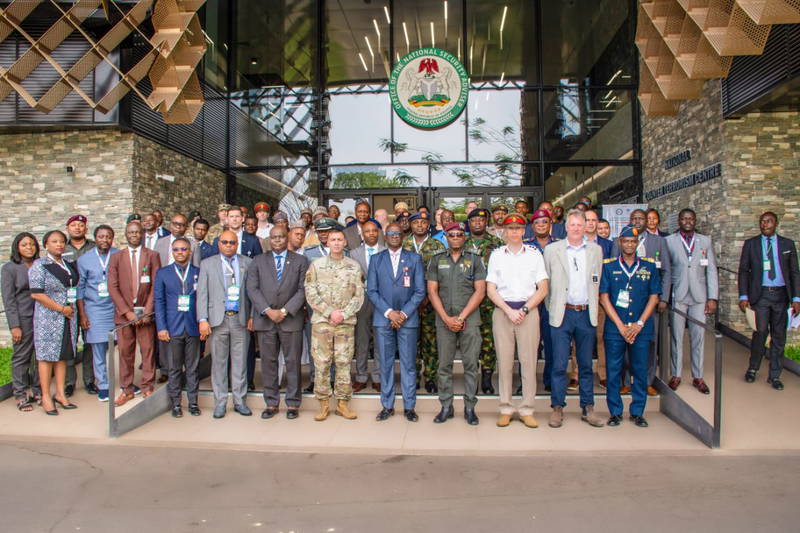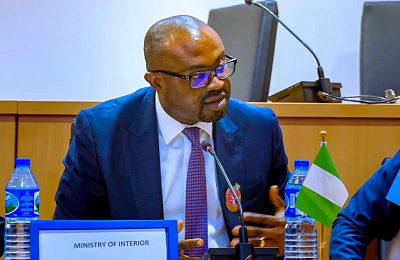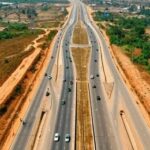Abuja – Nigeria’s government is building a powerful new tool in the fight against terrorism: a national biometric database. This system, housed at the Office of the National Security Adviser (ONSA), aims to identify and arrest anyone involved in the deadly trade of Improvised Explosive Devices (IEDs).
Tracking Down the Bomb Makers
Major General Adamu Laka, National Coordinator of the National Counter-Terrorism Centre (NCTC), explained, “This biometric database will be a game-changer. It will allow us to pinpoint the individuals who specialize in manufacturing these dangerous weapons. We’re receiving crucial support from the US and British governments, along with other security and intelligence agencies, to make this a reality.”
Laka acknowledged a significant hurdle: the widespread availability of materials used to build IEDs. He noted that insurgents have adapted, sourcing components from everyday markets, which continues to fuel the threat. To counter this, the government is combining security measures with public awareness campaigns. Laka also emphasized that strict laws are already in place to punish those who illegally supply explosive materials.
International partners are playing a key role. The British High Commission has established a specialized Counter-IED Centre in Maiduguri, providing on-the-ground support. The US government has been training Nigerian troops for four years, building crucial capacity. Commissioner of Police (Explosives Ordinance Department) CP Patrick Atayero highlighted that to stay ahead, there needs to more teamwork with other countries. Sharing information quickly will be essential to dismantle IED and terrorism networks utilizing biometric data, globally.









[…] The ICPC’s statement aptly summarized the conference’s spirit: “This conference marks another strategic step in ICPC’s ongoing engagement with sub-national actors, underlining the shared responsibility of all levels of government in building a corruption-free Nigeria.” […]